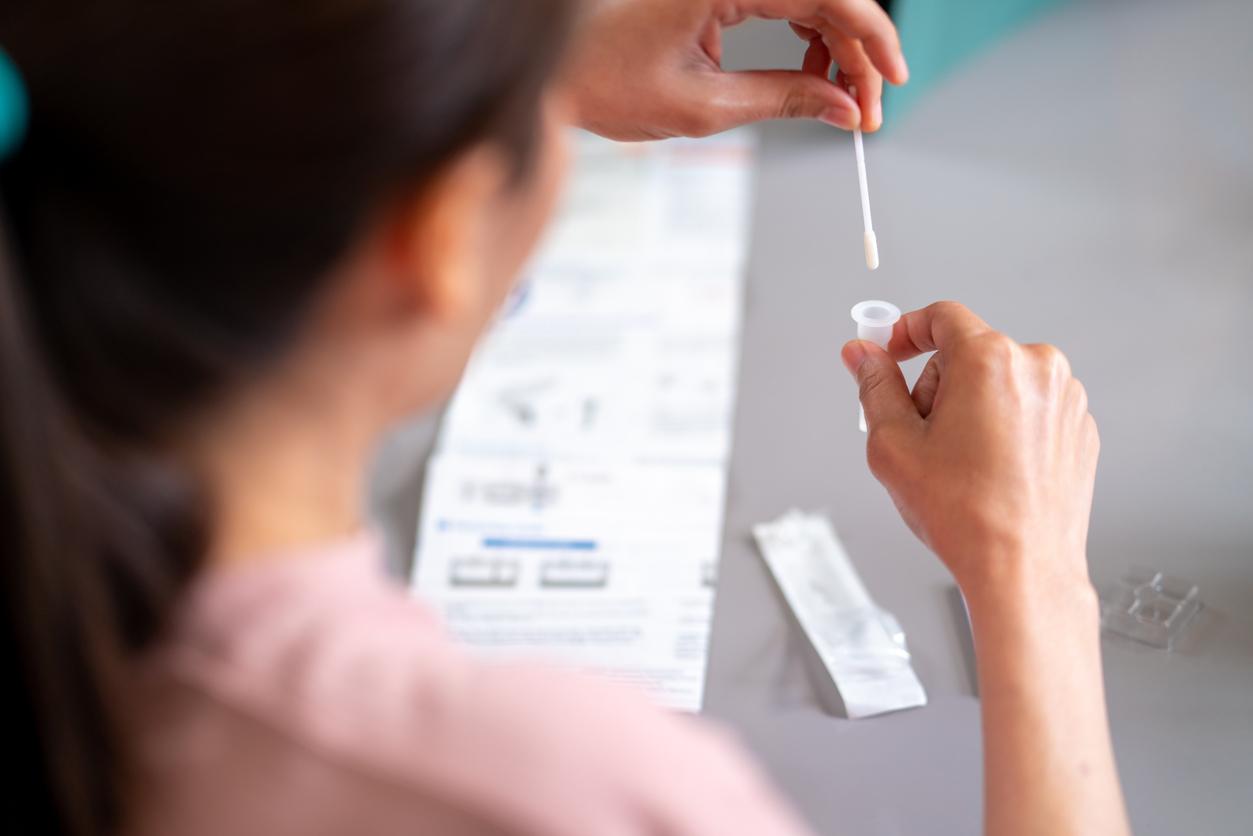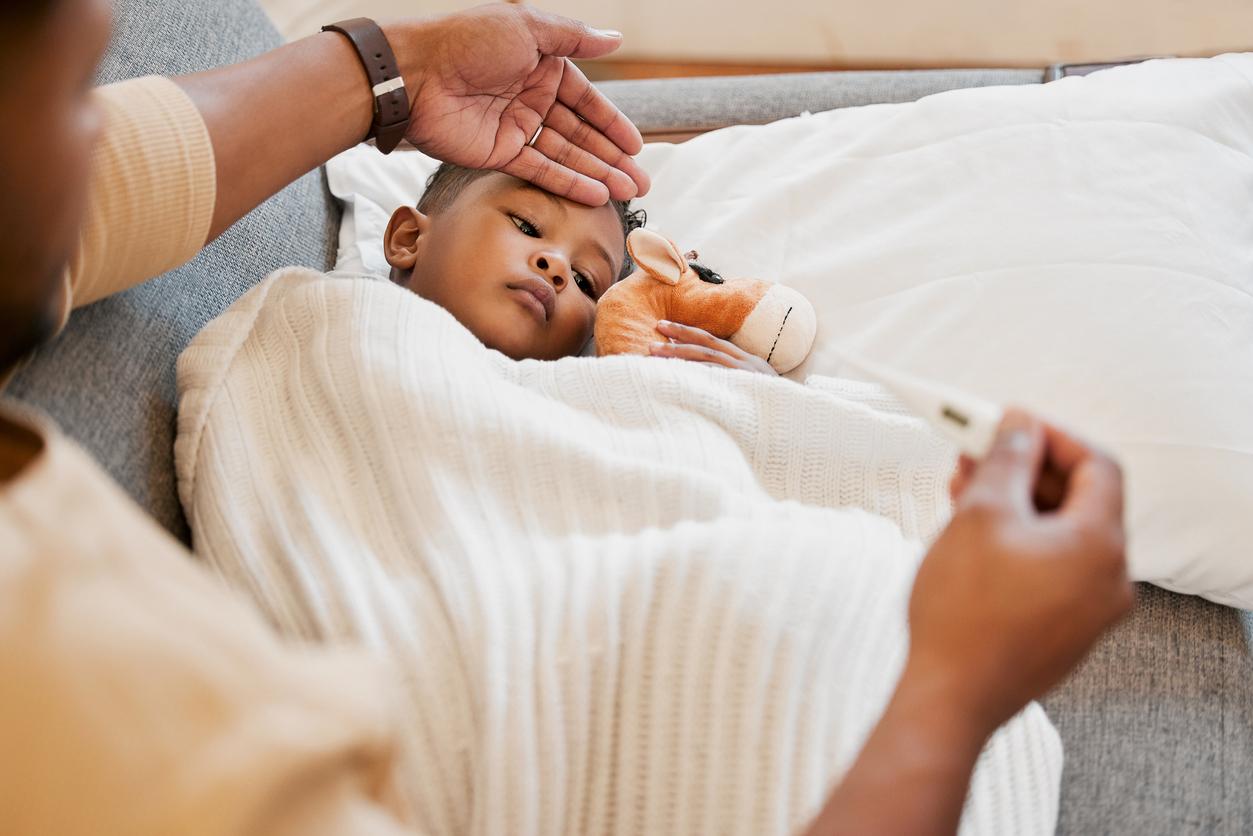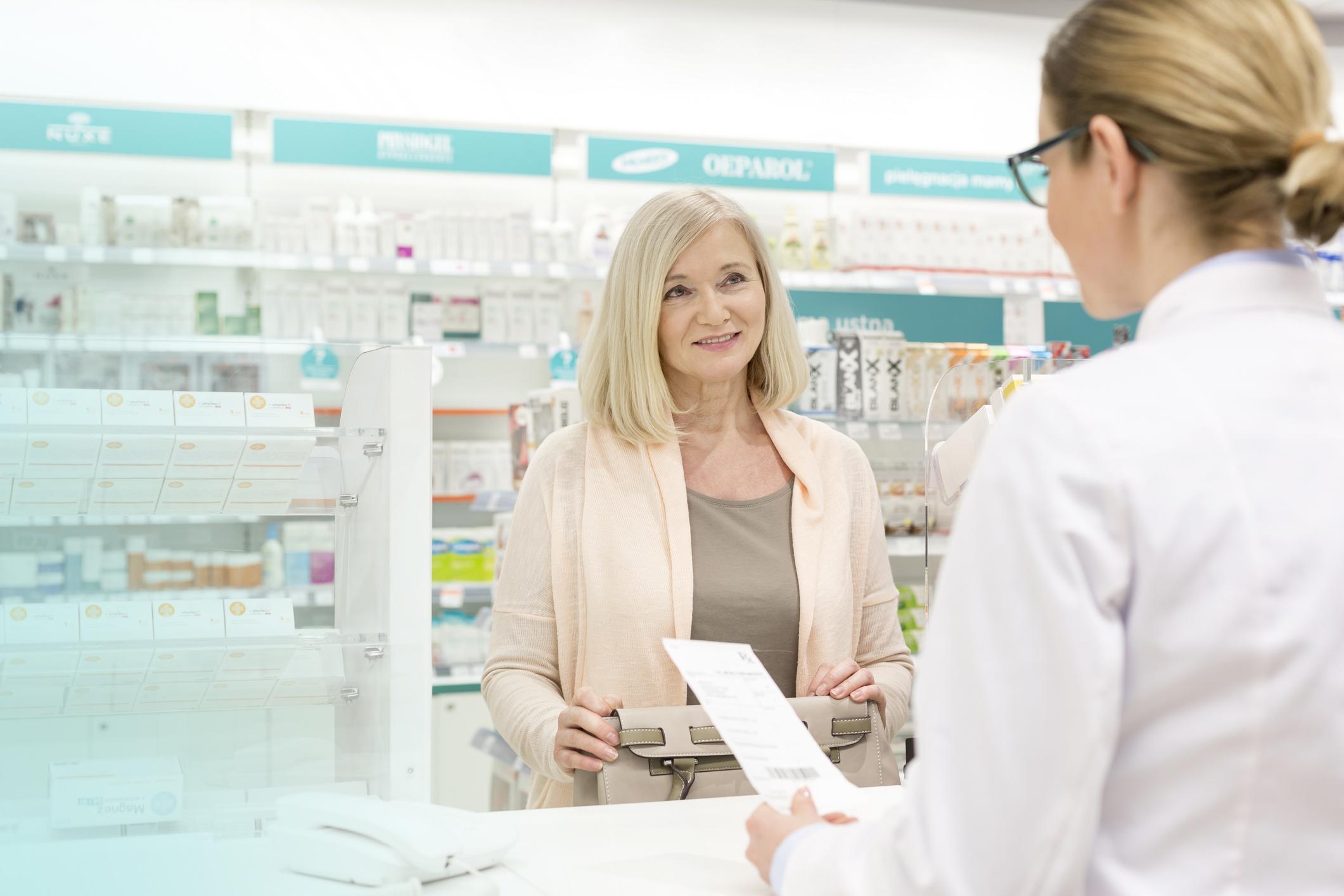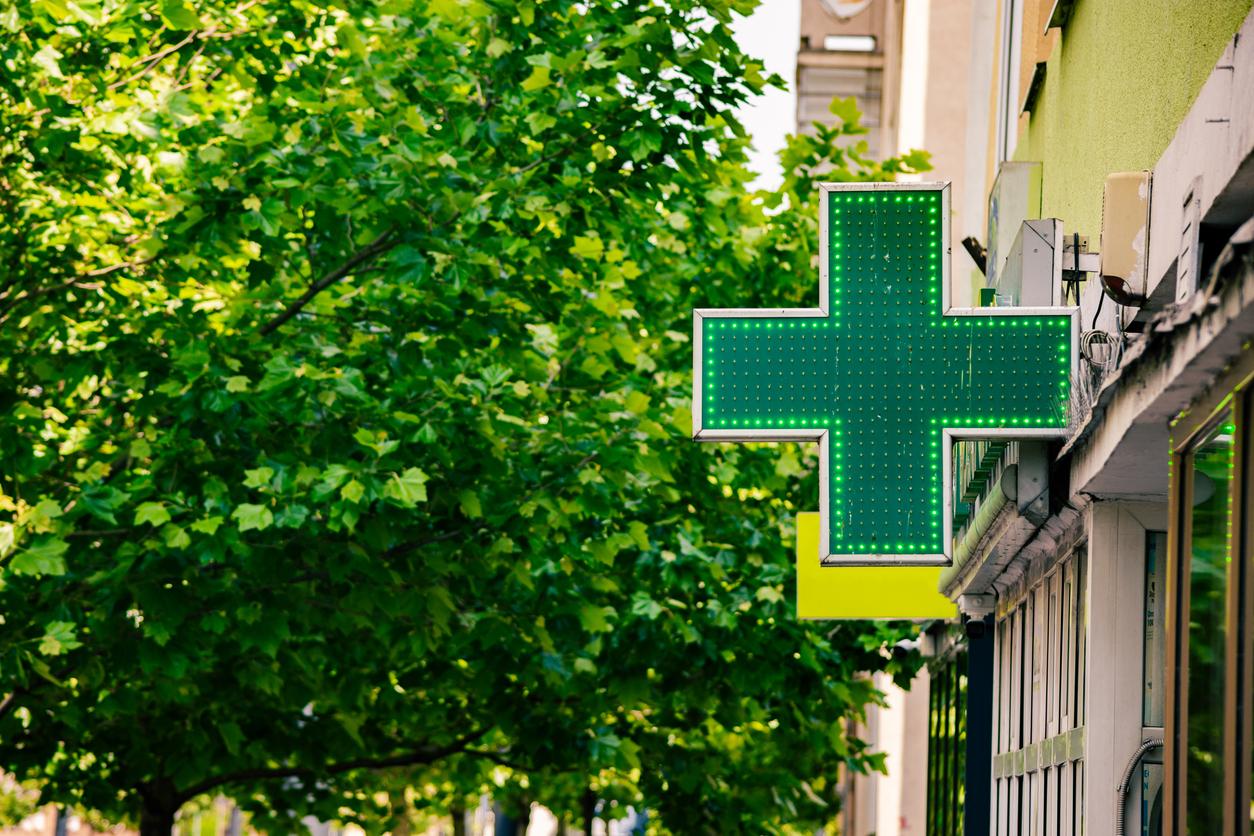The magazine 60 Million Consumers looked at the effectiveness of self-tests sold in pharmacies. The results are mixed.

Screen yourself, at home. Avoid laboratories, white coats, restrictive appointments … Self-tests are undoubtedly practical. But are they effective? Association 60 million consumers addressed the issue in its July-August issue.
“The launch of HIV self-tests in pharmacies in 2015 seems to have opened Pandora’s box,” she writes. Since then, around twenty self-tests (urinary tract infections, Helicobacter pylori, iron deficiency, gluten intolerance, tetanus, allergies, cholesterol, Lyme disease, prostate or thyroid cancer, menopause, male fertility, etc.) have appeared. in the shelves of pharmacies. This new offer calls out ”.
Towards a refund?
These self-tests are easy to use. They work with a lancing device or by collecting urine. However, they are not considered as drugs but as medical devices, “therefore not subject to a marketing authorization (AMM)”, recalls the consumer association. Their price is currently quite high (between 10 and 30 euros) and has not (yet?) Been reimbursed by Social Security.
The number of self-tests could increase in the future, the magazine points out. In fact, the method corresponds to the “empowerment” movement of patients. HIV self-tests have thus enabled many at-risk people, put off by medical examinations and the fear of stigma linked to their sexual orientation, for example, to be tested.
“More than 100,000 of these self-tests would have been sold in a year. Two studies underway with dispensing pharmacists on online purchases and with 3,000 people who responded to an online questionnaire should soon provide more information ”, indicates 60 million consumers.
Diabetes: “colossal progress”
The HIV self-test seems to date rather effective, according to the many studies carried out on the device, still under evaluation. Another tool found favor with the magazine: type 1 diabetes self-tests, “the only therapeutic self-tests on the market (and not simply diagnostic self-tests)”. Prescribed and therefore reimbursable, they represent “colossal progress” for patients who can control their blood sugar levels and become “pilots of their treatment”.
But for the other tests, the situation becomes more complex. Some specialists see in them “a dangerous business”, as indicated by Claude Cohen, president of the National Union of Biological Physicians (SNMB), who considers that “the guarantees of quality and safety seem insufficient (…). In addition, the buyer is not sufficiently warned against false positives and false negatives, which are however mentioned in the manual ”, we can read.
Thus, in the field of allergy and Lyme disease, these tests do not seem very serious, according to specialists interviewed by the journal. They do not allow a fine diagnosis, obtained after a precise interrogation, additional tests, in particular in these two pathologies. The specialists insist: a self-test can never replace a medical consultation.
.

















